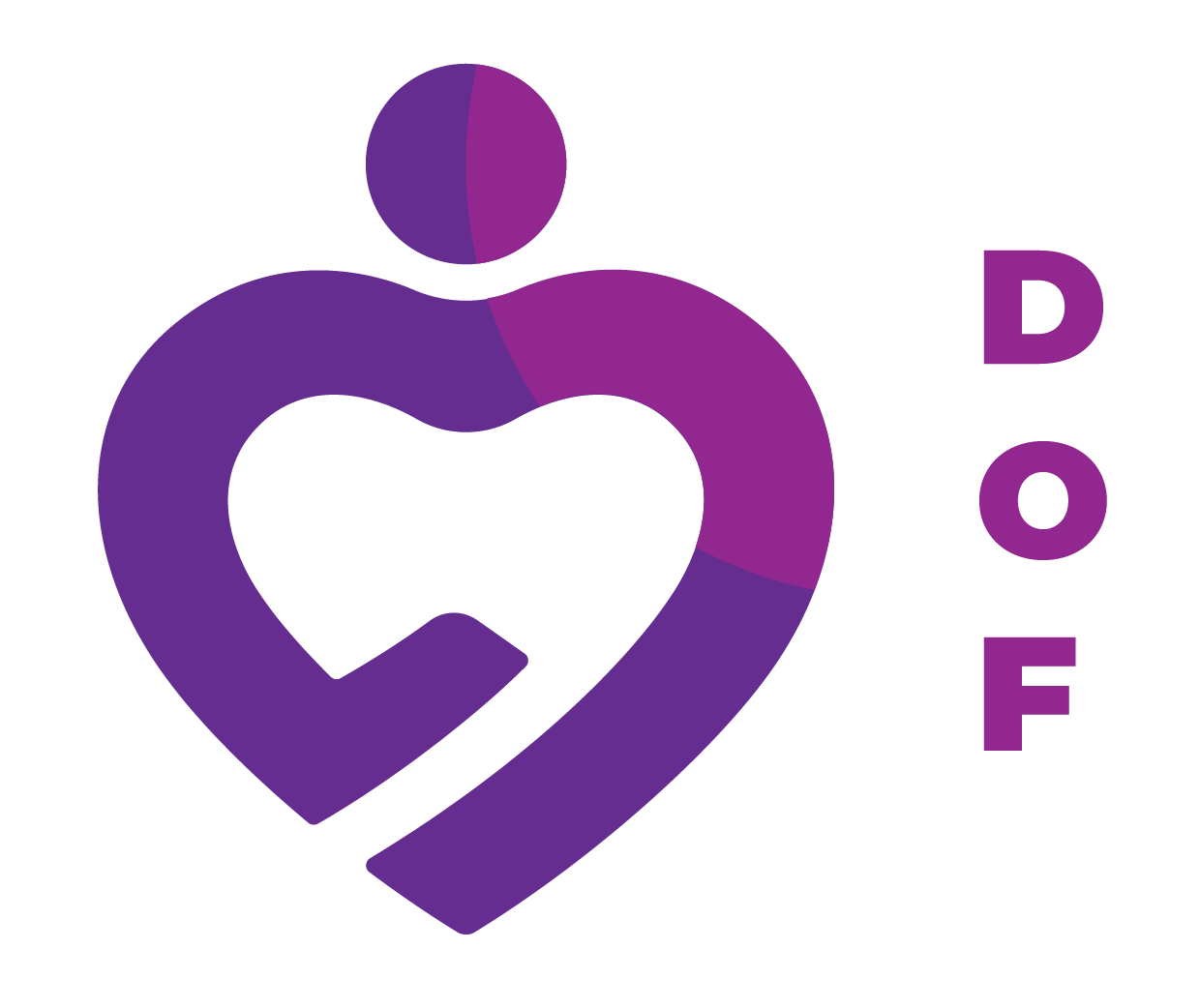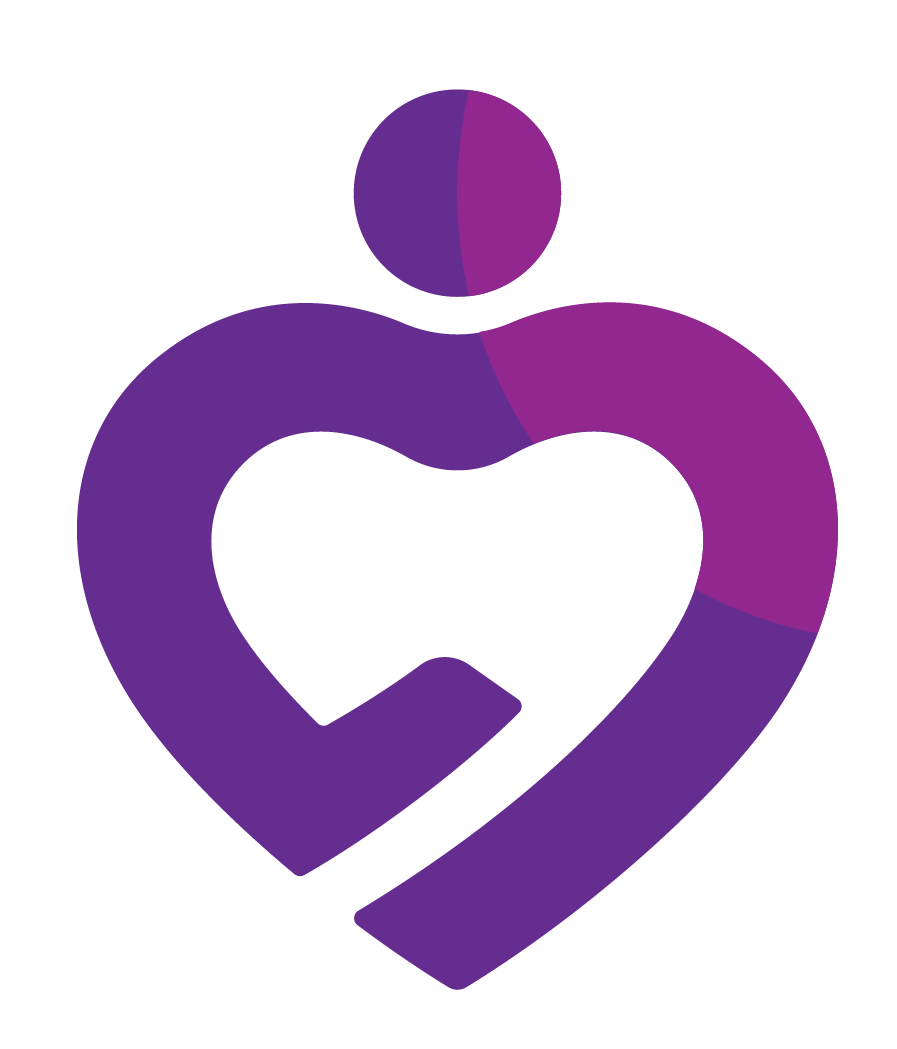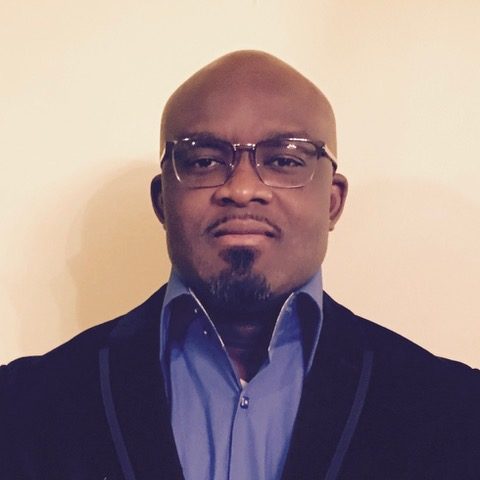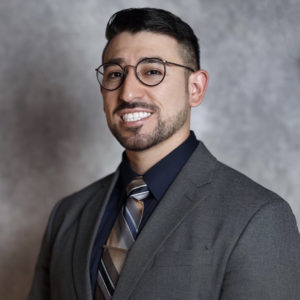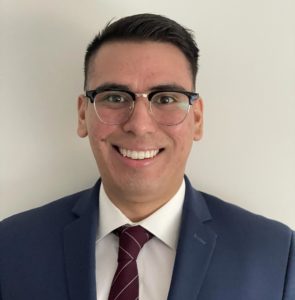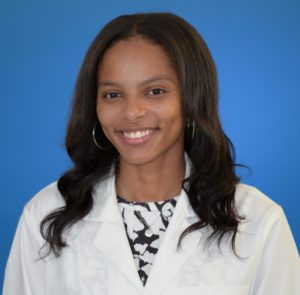What is your current title and role?
Attending Physician/Clinical Assistant Professor.
Provides clinical care for obstetrics and gynecology patients while training residents and medical students.
Where did you grow up?
I grew up in Ibadan, the capital city of Oyo State in Nigeria.
Tell us about your professional (medical, nursing, allied health, etc) school?
My medical school is the world renowned and highly reputable College of Medicine at the University of Ibadan. The premier and the best medical school in Nigeria.
Tell us about struggles and challenges in achieving your goal and how you overcame it?
Being the first one in my family that went to medical school was a challenge. I overcame this challenge by being fully focused and committed to achieving my goal. Having the help and support of family, friends and mentors were also very crucial to achieving my goal.
Please share with us about your family and your support group?
I’m from a nuclear family of 7 comprising myself, parents and 4 siblings. I consider myself blessed to have a very loving and supportive family that allowed me to cope well with the stress and rigors of medical school. In addition to my nuclear family, my extended family and close friends are my support group.
Please share a memorable experience from your training that has stayed with you till today.
A memorable experience from my training that has stayed with me till today occurred during my Medicine block 1 rotation. It was my first clinical rotation, and I was very eager to get started; I approached one of the resident doctors and asked if I could join in on their daily morning bed rounds that starts at 6am before going to my classes that starts at 8am. He was pleasantly surprised at my enthusiasm, and he obliged. I learnt so much during the bed rounds and it helped make sense of what I was being taught in the classroom. I ended up with the second highest score during the rotation; although a bit disappointed I did not have the highest score; I learnt a vital lesson that hard work truly pays.
Please share a memorable teaching moment.
A memorable teaching moment for me was the very first time a senior resident doctor took the time to teach me how to appreciate cervical examination findings on a laboring patient during my Obstetrics rotation; starting from visualization of the cervix on speculum exam and followed with serial examinations. Prior to that moment, I had performed a few cervical exams on laboring patients but couldn’t make any sense of the exam, so I thought that doctors just came up with the numbers that they blotted out after performing a cervical exam. It reminded me of my first histology exam where the slides didn’t make any sense to me. After this teaching moment, I was then able to truly appreciate the cervical examination findings.
Please share a highlight from your practice/current role.
There are a few highlights from my practice/current role but the one that stands out the most to me was performing surgery on a 17y/o nulligravida with neuro-psychiatric symptoms who subsequently became comatose from NMDA encephalitis and was noted to have an approximately 2 cm ovarian teratoma. When I was consulted, it was the first time I came across the diagnosis. I had my doubts about the necessity for surgery for a “suspicious” 2 cm ovarian lesion that was considered the root cause of the patient’s condition. My open mindedness and inquisitive mind led me to go do extensive studying about the diagnosis. My team and I then decided to proceed with surgery with the goal of conserving the ovary, by finding and removing the cyst and to also explore the other ovary for potential bilaterality. Surgery was successful and the patient was discharged home in improved condition. She subsequently regained full function of activities and became completely normal.
What do you like and dislike the most about working in healthcare?
What I like the most about working in healthcare is bringing smiles to people’s faces after helping them alleviate their pain and suffering or providing them with the medical care that they seek. What I dislike the most about working in healthcare are all the red-tape bureaucracies and unwarranted litigations.
What are three things that you are grateful for?
The three things that I’m grateful for are the gift of life, gift of good health and my family.
What excites you outside medicine?
I get excited watching a good basketball game, playing chess, and getting involved in charitable causes.
What advice do you have for students interested in healthcare?
A career in healthcare has its ups and downs, so let passion be the most important reason why you are seeking a career in healthcare. Being passionate about what you do will keep you going during the challenging times.
What do you think the student of today needs to be successful in matriculating and graduating from professional school (medicine, nursing, allied health, pharmacy)
Getting accepted into and graduating from professional schools has gotten very competitive over the years. Students need to be highly self-driven with a great deal of focus, resilience, and strong support group in place for them to successfully matriculate and graduate from professional schools.
How would you advise or guide students to develop leadership skills, community outreach experience, research opportunities and clinical shadowing?
I would advise students to get involved in as many extracurricular activities as they can possibly handle and try to assume leadership positions in organizations that they join. Students should avoid making excuses, learn to be accountable and take ownership of their own situations. They should actively seek and reach out to mentors in their desired field and always ask for feedback and what to do to improve academically and clinically.
How can we support and guide students to achieve good grades and be successful in standardized exams?
One of the ways we can guide students to achieve good grades in standardized exams is to teach them NOT to read primarily to memorize and pass exams but to read to understand first. They should always read and ask why? And not just memorizing the topics they are reading. Secondly, they should be encouraged to read with the aim of being able to teach others. If they understand the topic enough to be able to teach others, then they will most likely achieve good grades in their exams.
In addition to reading to understand, to be successful in standardized exams also requires multiple practice and familiarization with past exam questions to understand the style of questions. This is very important because a student might understand the related topics but fail to understand the question; thus incorrectly answering the questions and failing the exam.
